Unemployment is a hard reality that many people have to face. Losing your job, whether through layoff or termination, can be devastating. You may be worried that it will negatively affect your credit score and that the financial consequences of unemployment will be too much to bear.
When money is tight, it’s more challenging to meet financial obligations and maintain a good credit score. Experiencing a financial setback does not immediately affect your credit score; however, failure to pay bills and loan obligations might hurt it.
But if you plan, you can keep your grades up even if you’re out of a job. Use these tips to protect your credit rating when times are tough.
Keep your credit card balances minimal
If you want to avoid incurring interest, your best bet is to pay at least the minimum each month when your credit card statement arrives in the mail. Use less than 30% of your available credit at all times.
For instance, if your credit limit is $1,000, you shouldn’t have more than $300 taken at any given moment. You will see a significant drop in your credit score if your utilization ratio is 30% or greater.
Keep up with the required minimum payments. It’s essential to make your credit card payments on time, as some issuers will report even the smallest of delays to the credit bureaus.
Always check your credit report
If you check your credit report frequently, you will have a better idea of your credit standing and more confidence in your financial decisions. A user’s credit score shouldn’t vary much in a short time unless there are significant changes in their credit card usage or repayment habits.
These days, it’s easier to keep an eye on your credit history because all three credit agencies (Experian, Equifax, and TransUnion) offer free credit reports weekly. If you find an error on one of your reports, like delinquency for a bill you were granted more time to pay, you can take steps to get it fixed quickly.
Talk to your creditors
Get in touch with your creditors and explain your situation to them so that you may discuss possible payment arrangements.
An honest effort on your part could prevent creditors from reporting negative information about you to credit bureaus or from forwarding your debt to collection agencies. There are credible online loan providers that offer different options for certain credit histories that will work with you to come to a manageable loan negotiation.
Don’t be ashamed to mention that you’re having trouble paying your payments. If you care about keeping your credit score safe, you must make the call before your accounts are sent to collections.
Don't close your credit card accounts
If you find yourself unemployed, it may be tempting to terminate your credit card accounts to avoid extra expenses. Take note that the ratio of your outstanding debt to your available credit is one of the key metrics used to determine your credit score. Therefore, when you close an account, you reduce your available credit.
Don’t rush into opening a bunch of new credit card accounts at once. First, it’s difficult to get approval when you don’t have work. Second, requesting additional credit accounts might harm your credit rating.
If your application is successful, you may be tempted to charge more, increasing your utilization ratio and damaging your credit score. There is a clear relationship between the age of your credit report and the amount of new credit you obtain. This factor accounts for 10% of your credit score. Your credit age increases proportionally to the age of your oldest credit card.
Lenders see new credit as risky or an indication of financial trouble; thus, avoiding it is good for your credit score. Moreover, try to refrain from making purchases using a credit card. Try to pay with cash or a check and avoid unnecessary purchases.
Set up an emergency plan
Build up an emergency fund while you’re still employed that will cover your bills for at least six months. Aside from borrowing a personal loan or payday loan immediately when the need arises, an emergency fund will help you stay afloat if you lose your job.
Put money aside in a savings account just for emergencies. Plan and save enough money to cover your essential costs to avoid being broke. Think about your mortgage or rent, utilities, auto payments, personal loans, and utility bills. Food and clothing are other essentials to consider.
Don’t put off dealing with credit card debt until you’re back on your feet financially. Payment delays hurt credit ratings and might result in costly penalties. Paying the minimum amount will only do a little for your credit score, but it’s better than nothing if you can’t afford more.
Conclusion
If you’re unemployed and struggling to make ends meet, it might hurt your credit rating. Nonetheless, there are strategies you may employ to keep it intact, even if you find yourself unemployed.
Despite the pain and heartache that you may feel, it’s time to start planning your future steps. Sticking to the tips provided here can help you keep your credit score in good shape as you search for a new job.


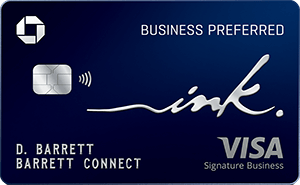
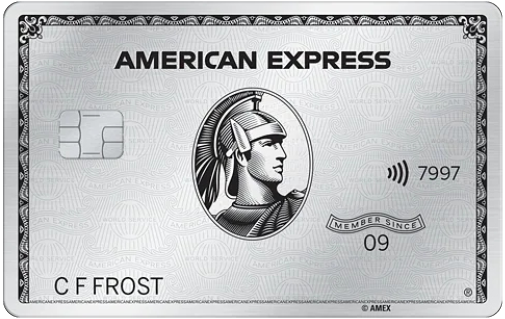
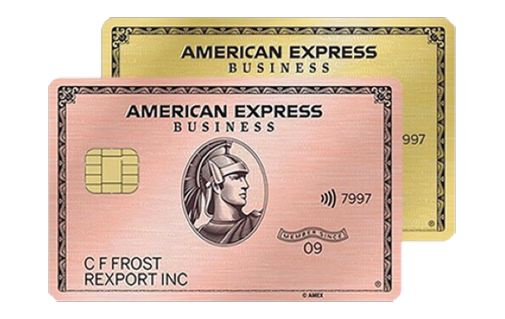


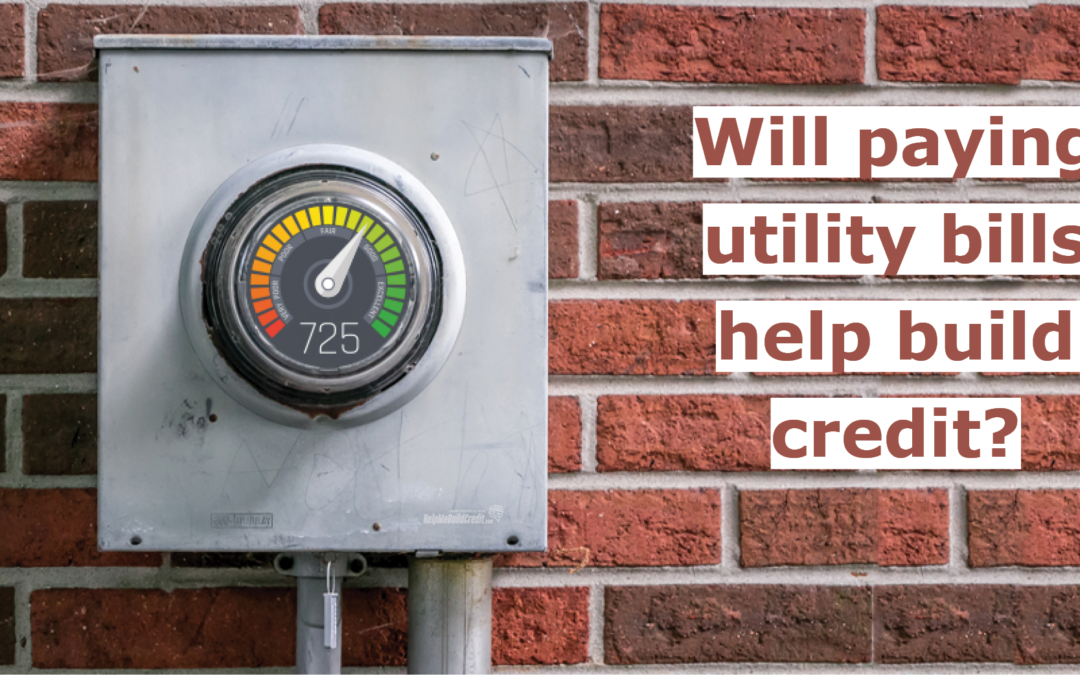
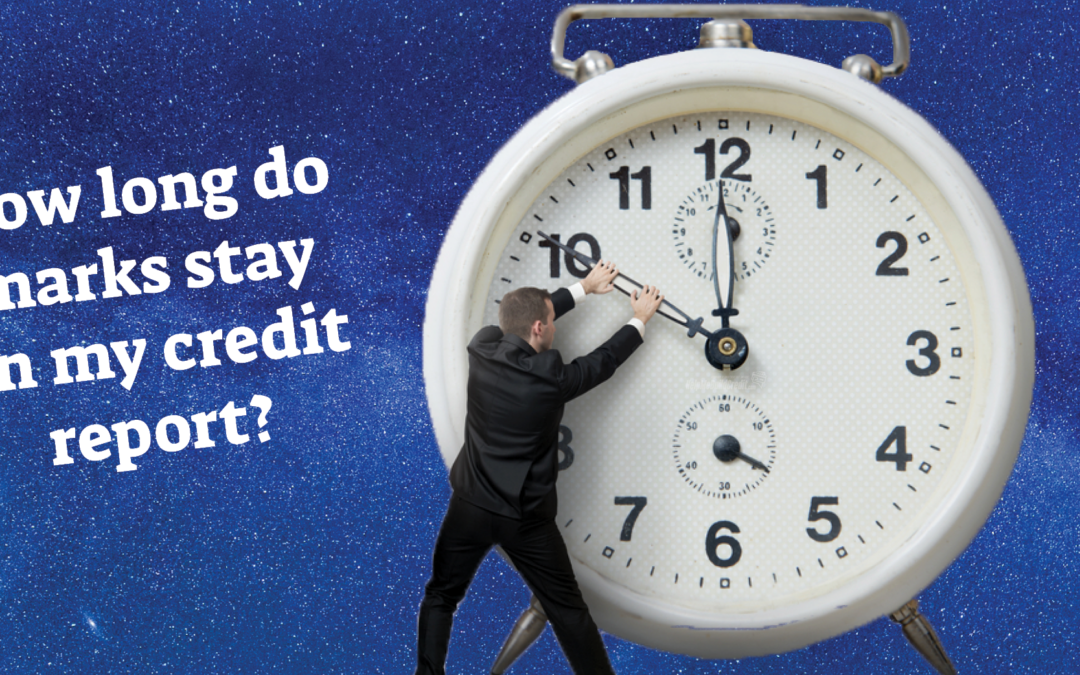
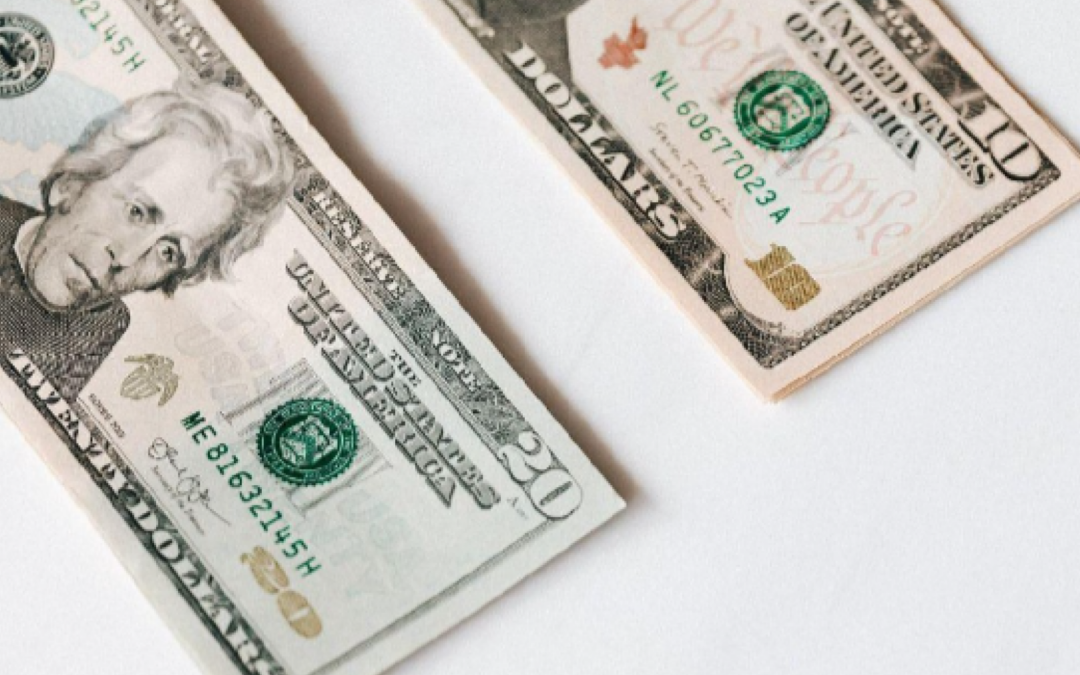

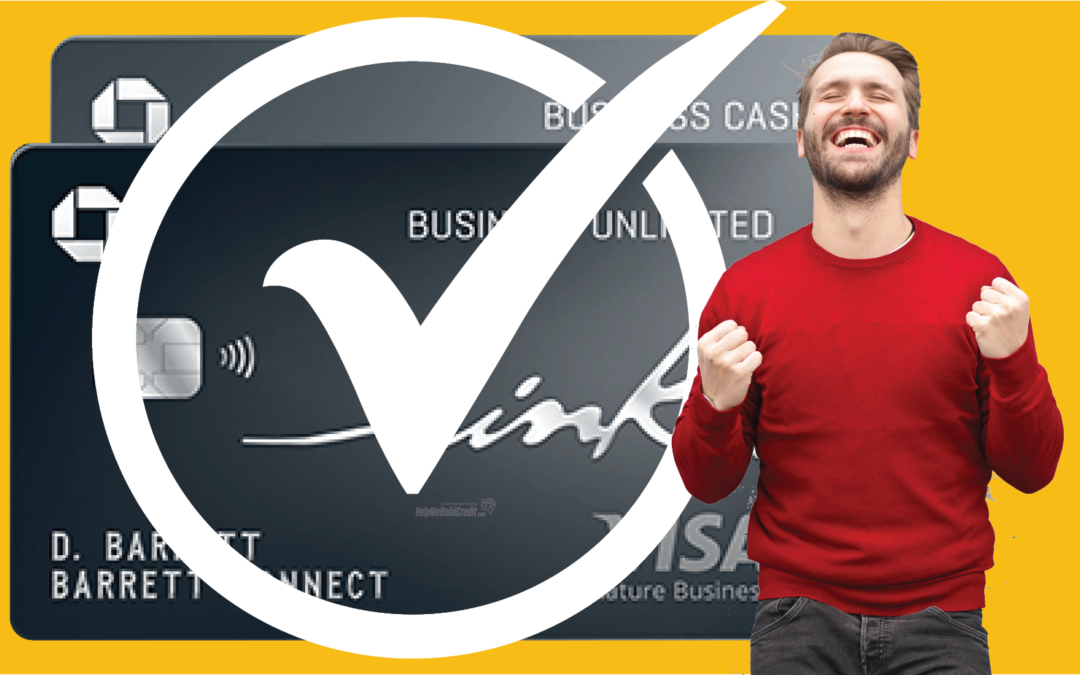
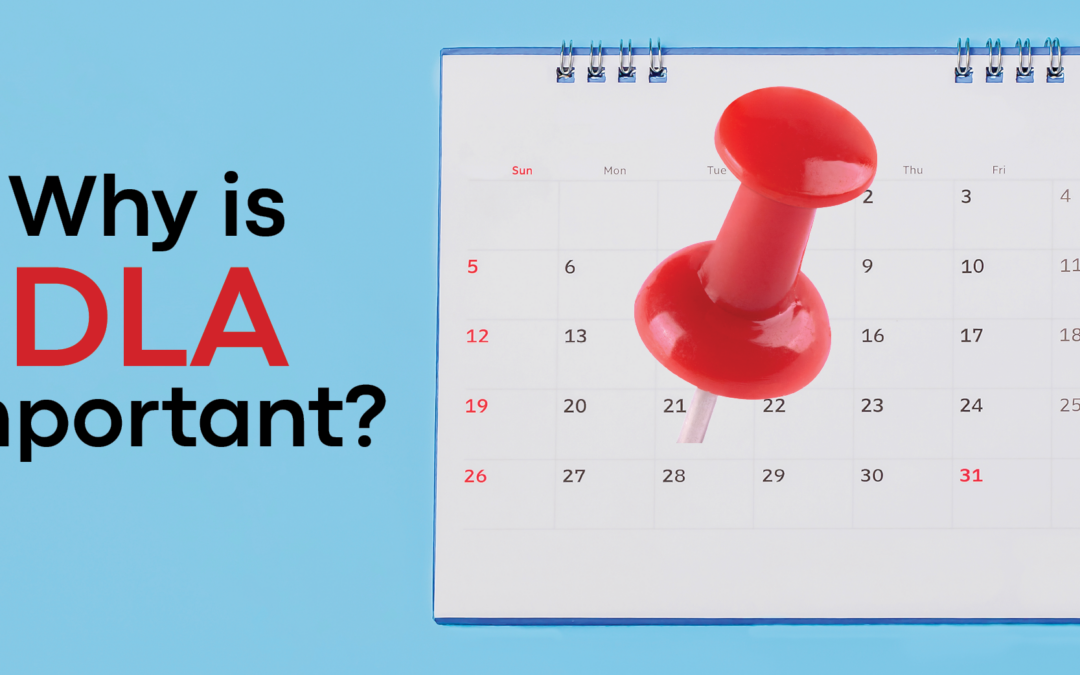
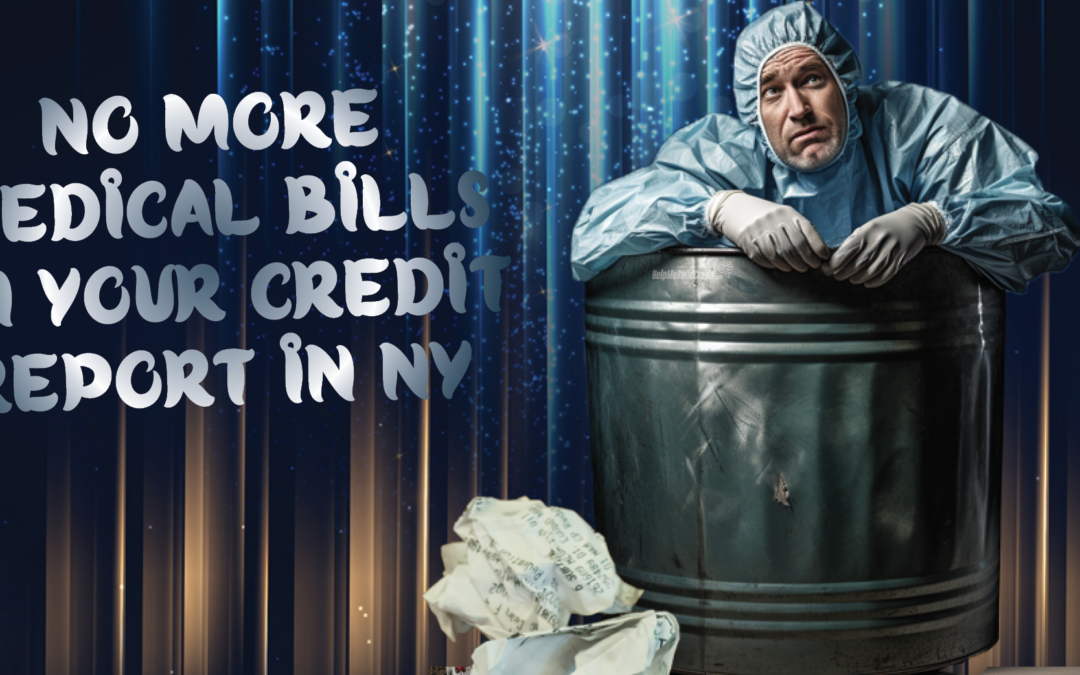


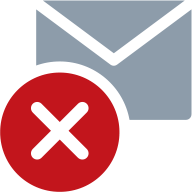
0 Comments